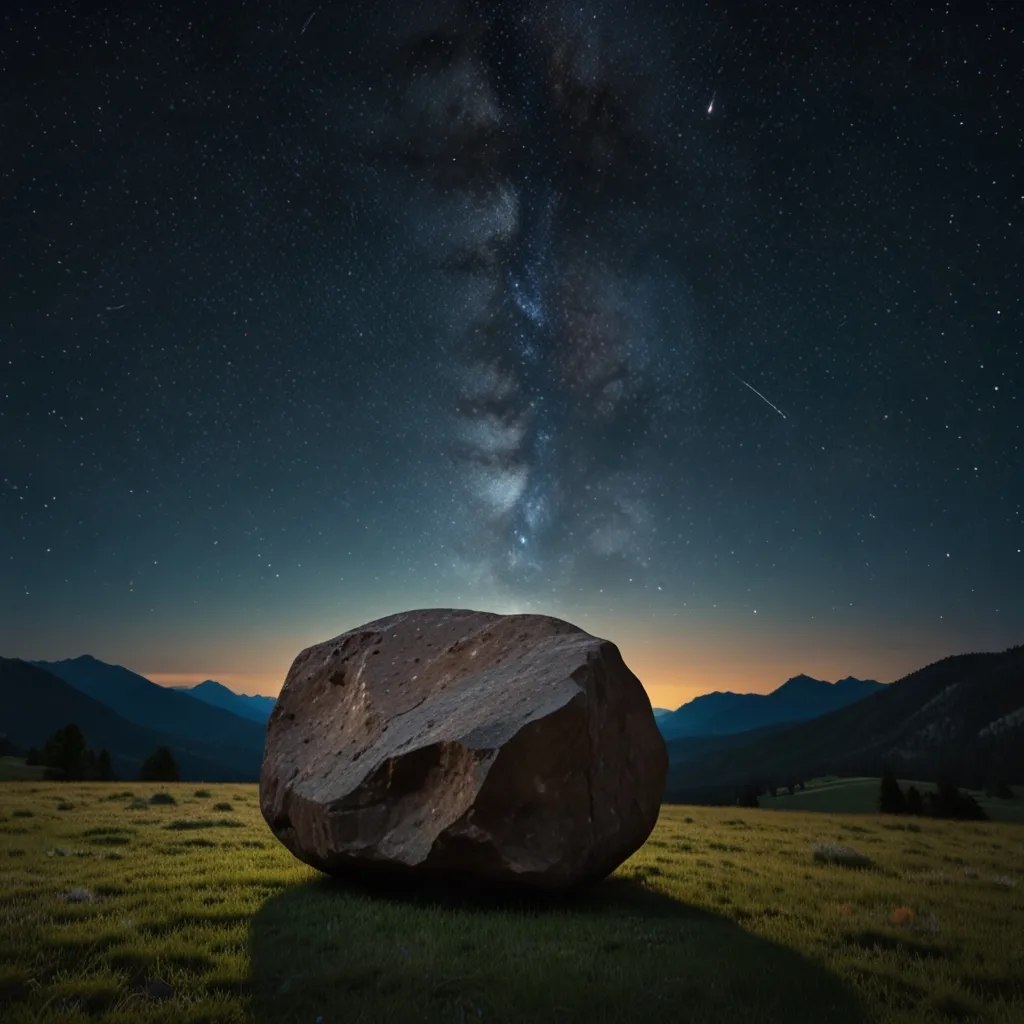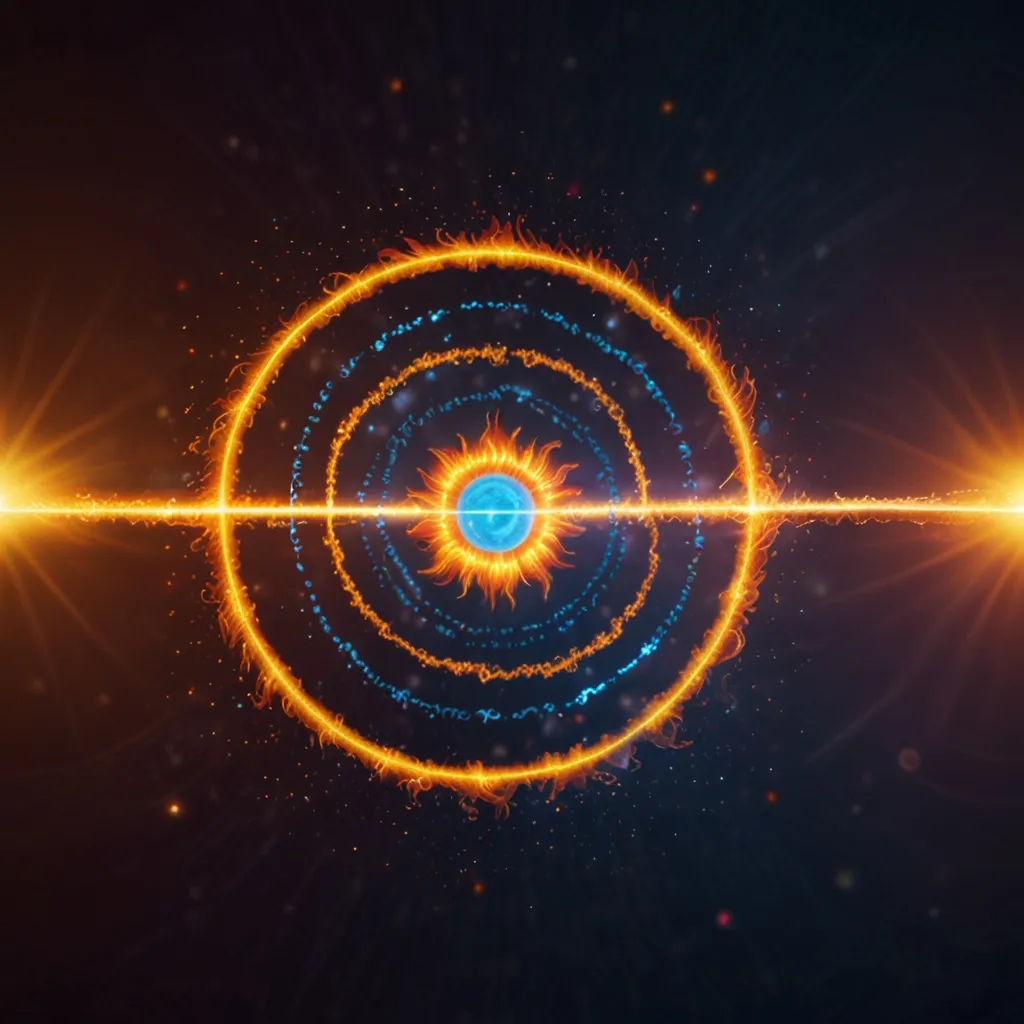Natural phenomena, the forces behind atomic interactions, and cosmic events all boil down to the universe’s inherent preference for the lowest energy state. Atoms, like hydrogen and oxygen, bond because their combined state has lower energy than their individual states. Similarly, a boulder at rest at the bottom of a mountain is energetically more favorable than one perched on top. Nature, it seems, is fundamentally lazy, always seeking the path of least energy.
But why does nature behave this way? The answer lies in entropy—a principle closely tied to the second law of thermodynamics. Entropy is a measure of disorder, and this concept reveals that the universe is on a relentless journey towards higher disorder. The second law states that the total entropy of a closed system either increases or stays the same over time. But why does the universe prefer disorder, and how does this link to energy states?
To unravel this mystery, we must explore the nature of change. Physics operates on foundational laws like the conservation of energy and momentum. These laws allow us to predict certain behaviors in natural phenomena. However, they don’t explain why some changes are more likely than others. For example, when a ball rolls down a hill, energy conservation implies it should be able to roll back up, yet this doesn’t happen naturally.
The missing piece of the puzzle is that of irreversibility in natural processes. When energy transforms, like when a pencil falls and converts potential energy to kinetic, part of that energy dissipates into heat and sound, making the reverse process highly improbable. The concept of entropy helps explain this. It isn’t just about disorder but about the number of ways energy can be distributed in a system. The more ways there are to spread this energy, the higher the entropy.
Think of a pencil falling flat from being upright. Initially, it holds a higher potential energy and fewer ways to distribute energy. Once fallen and the energy disperses into the air and table, there are countless ways to share that energy among trillions of atoms, making it far more likely for the pencil to stay down than to return upright.
In essence, energy transitions from a useful state (high potential) to a less useful state (dispersed among many atoms). This journey towards less useful forms of energy is what drives the universe toward higher entropy. High entropy equates to the maximum number of possible arrangements of particles, and hence, is more probable.
Now, let’s scale up this idea to the universe. As the universe expands, its entropy increases because there are ever more ways to arrange its matter and energy. This growing disorder over time potentially explains the forward march of time itself. Time, at a fundamental level, might be a statistical phenomenon tied to the inexorable climb in entropy, making the universe’s expansion and the flow of time deeply intertwined.
Understanding these principles not only enlightens us about the workings of our universe but also underscores the importance of entropy and probability in defining the very fabric of reality.






